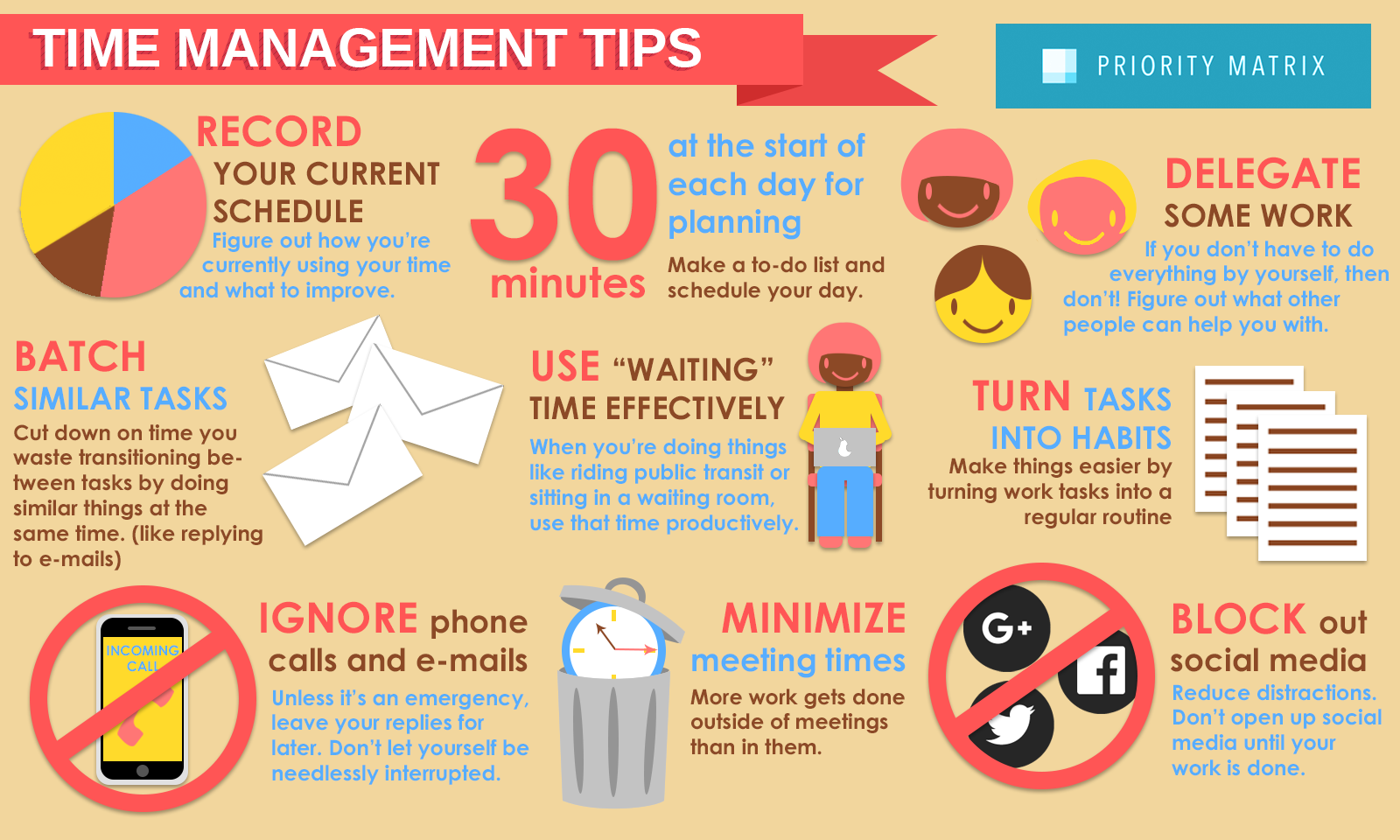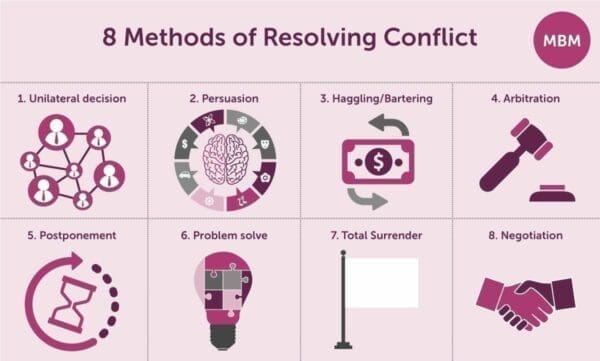
Mastering Time Techniques for Effective Managerial Control

Introduction:
In the realm of management, time is a precious commodity. Managers are tasked with overseeing teams, projects, and operations, often facing tight deadlines and competing priorities. To navigate these challenges successfully, effective time management techniques are essential. Let’s explore some strategies that managers can implement to optimize their time and enhance their productivity.
Setting Clear Priorities:
As a manager, it’s crucial to set clear priorities to ensure that your time is allocated effectively. Identify tasks and projects that align with organizational goals and have the greatest impact on success. By prioritizing tasks based on importance and urgency, you can focus your energy on high-value activities that drive results.
Delegating Tasks:
Effective delegation is a key skill for managers seeking to manage their time efficiently. Identify tasks that can be delegated to members of your team, taking into account each individual’s strengths and skill sets. Delegating responsibilities not only frees up your time for more strategic initiatives but also empowers team members to develop their skills and contribute to the organization’s success.
Utilizing Time Blocking:
Time blocking is a time management technique that involves dedicating specific blocks of time to different tasks or activities. By creating dedicated time slots for tasks such as meetings, email correspondence, and project work, managers can minimize distractions and maintain focus. Time blocking ensures that essential tasks receive the attention they deserve while preventing multitasking and reducing the risk of burnout.
Implementing the Eisenhower Matrix:
The Eisenhower Matrix is a powerful tool for prioritizing tasks based on importance and urgency. By categorizing tasks into four quadrants – urgent and important, important but not urgent, urgent but not important, and neither urgent nor important – managers can make informed decisions about how to allocate their time. This framework helps managers distinguish between tasks that require immediate attention and those that can be deferred or delegated.
Utilizing Technology Tools:
In today’s digital age, there is no shortage of technology tools designed to aid in time management. From project management software to task-tracking apps, managers can leverage various tools to streamline their workflows and stay organized. These tools can help managers prioritize tasks, track progress, and collaborate effectively with team members, ultimately enhancing productivity and efficiency.
Practicing Effective Communication:
Effective communication is essential for successful time management in a managerial role. Clear and transparent communication ensures that team members understand expectations, deadlines, and priorities. Regular check-ins, team meetings, and one-on-one discussions provide opportunities to align on goals, address challenges, and celebrate successes. By fostering open communication channels, managers can minimize misunderstandings and promote collaboration within their teams.
Strategic Planning and Goal Setting:
Strategic planning and goal setting are critical components of effective time management for managers. By establishing clear objectives and milestones, managers can create a roadmap for success and guide their team toward achieving desired outcomes. Break larger goals down into smaller, actionable tasks, and track progress regularly to stay on course. Strategic planning enables managers to allocate resources wisely, anticipate challenges, and adapt to changing circumstances effectively.
Leading by Example:
Managers play a pivotal role in shaping the culture and work habits of their teams. By demonstrating effective time management practices and leading by example, managers can inspire their team members to prioritize their time effectively and work efficiently. Model behaviors such as setting clear priorities, delegating tasks, and respecting boundaries to create a culture of productivity and accountability within your organization.
Conclusion: Read more about time management techniques for managers


